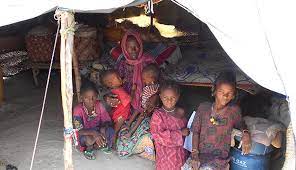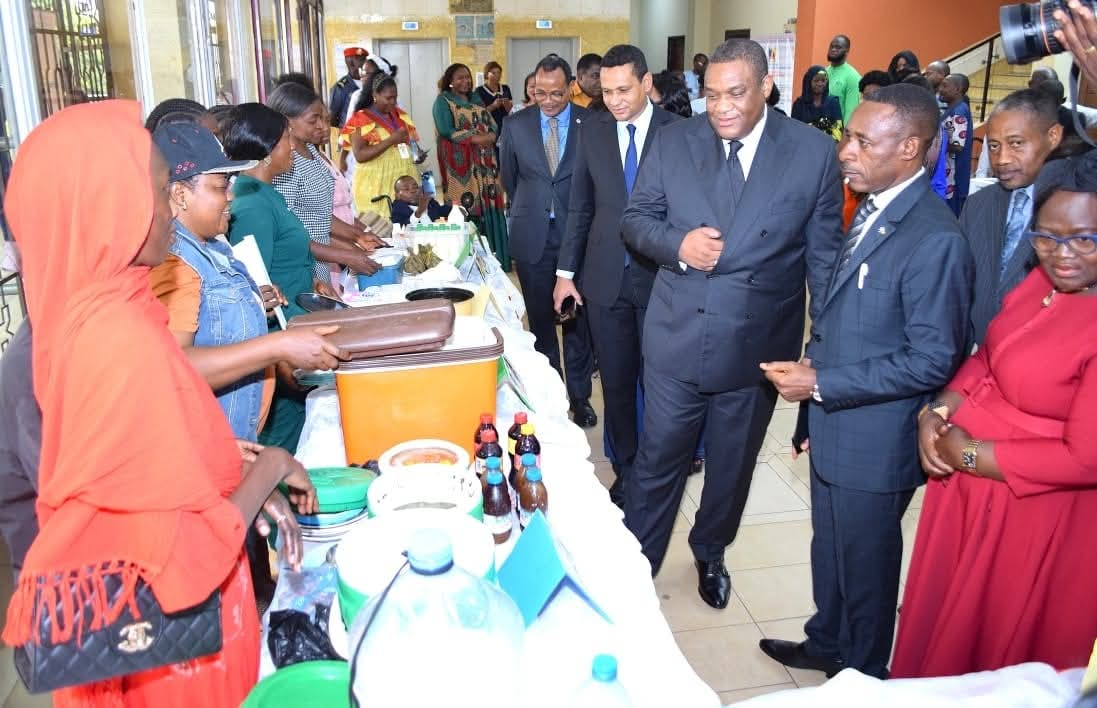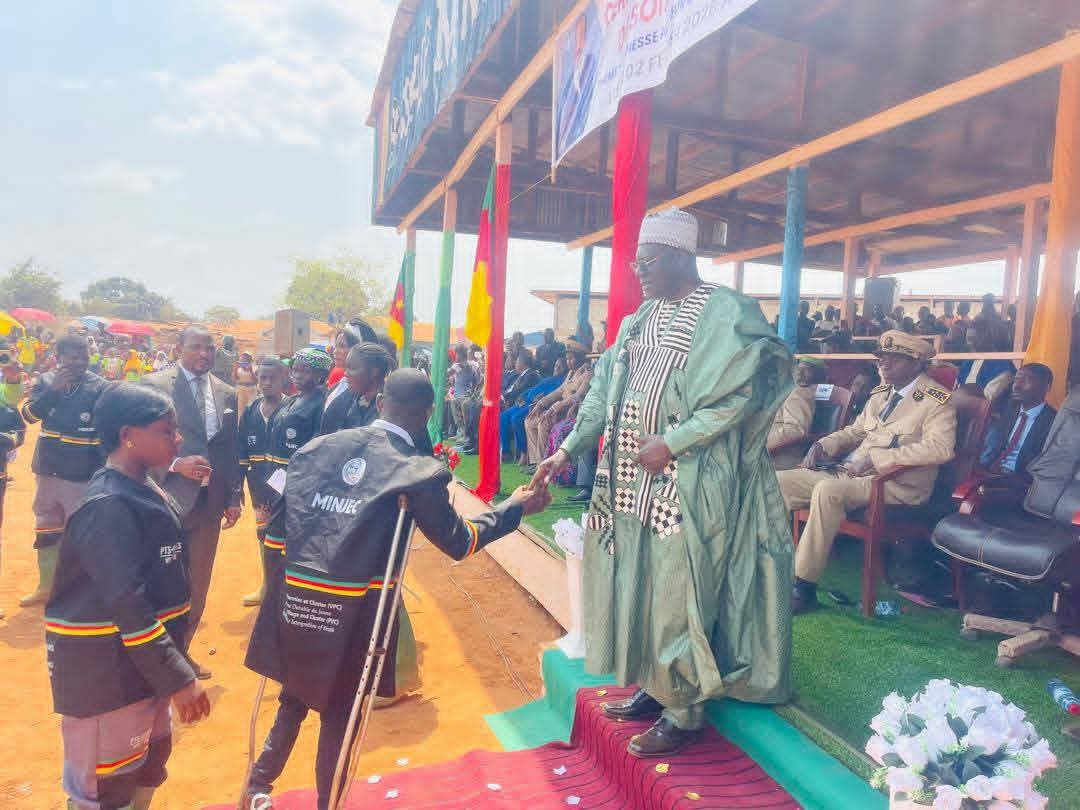At the third Lake Chad Region Conference held in Niamey on January 23-24, the International Committee of the Red Cross (ICRC) is calling for urgent efforts to ensure effective protection of the millions of civilians mired in the violence.Over a decade into the crisis, conflict in the Lake Chad Basin shows no signs of abating.
Violence against the civilian population remains alarmingly high, leaving more than 11 million people struggling for survival each day.
“Despite efforts by state, humanitarian and development actors, the situation in the Lake Chad region remains dire. Millions have been forced to leave their homes. Thousands of families are living in extremely precarious conditions, without proper access to food, healthcare and education” said ICRC’s Vice-President, Dr. Gilles Carbonnier.
Of the 11.3 million people in need of assistance to survive across the Lake Chad Basin, at least 3 million are displaced according to official sources, forced to flee their homes because of the violence. Entire communities are living in limbo, unsure if they will ever be able to return home.
“The fate of displaced people must be recognized as a top priority in the Lake Chad Basin,” said Gilles Carbonnier.
The ICRC is encouraging states to ratify the Kampala Convention and adopt national implementation mechanisms.
The convention ensures protection and a layer of safety for internally displaced people, and provides governments with a framework to respond to displacement crises.
While the majority of African states have ratified it, action is required to incorporate the Convention’s provisions into domestic legal frameworks and operationalise them.
States have a responsibility to ensure that internally displaced persons are allowed to make voluntary, decision to return to their places of origin in safe and dignified conditions, the ICRC said in a statement.
Due to the protracted nature of conflict many may not be able to do so and after more than a decade, the conflict in the Lake Chad Basin is protracted and its toll on people caught in the middle keeps rising, it warned.
The ICRC has registered more than 26,188 cases of disappearances across the four Lake Chad Basin countries: Cameroon, Chad, Niger and Nigeria. Almost 15,000 were minors at the time of their disappearance.
Children are of particular concern.
The protracted nature of the conflict affects minors disproportionately, especially those who face multiple displacement.
Being forced to flee home undermines the protected environment that family and community provide to children.
As a result, they become more at risk of sexual abuse, association with weapon bearers, family separation and disappearance.
To effectively respond to the protracted and dynamic nature of the conflict, a greater level of complementarity and agility is needed from multiple actors working together in a more synergetic approach.
One that brings together the International Red Cross Red Crescent Movement as well as governmental , peace, development and other humanitarian partners to find long-term solutions to the crisis.
“We prioritize respect for international humanitarian law together with neutral, impartial and independent humanitarian action to protect and assist people in need across the Lake Chad Basin. If we are to meet growing humanitarian needs and achieve better results with and for populations affected by protracted conflict, innovative partnerships are also part of the solution,” Mr Carbonnier said.




